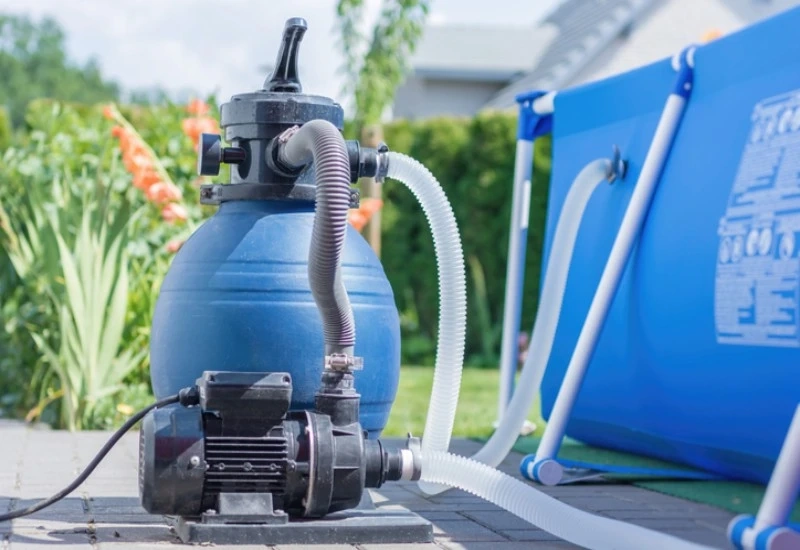Installing a pool pump is an essential step towards maintaining a clean and healthy swimming pool. However, choosing the right pool pump involves more than just picking the first option you come across. Several factors must be considered, including the cost to install a pool pump. In this article, we will explore the key considerations involved in selecting the right pool pump while keeping an eye on the associated installation costs.
Determine Pool Size and Volume
The size and volume of your pool play a significant role in selecting the appropriate pool pump. A larger pool will require a more powerful pump to ensure proper water circulation and filtration. Consider the dimensions and depth of your pool when calculating the cost of the pump and installation, as larger pools may require additional labor and equipment.
Assess Flow Rate and Horsepower
Flow rate and horsepower are crucial factors that influence the efficiency of your pool pump. Higher flow rates are ideal for larger pools or those with complex water features, while lower flow rates may be suitable for smaller residential pools. Determining the optimal flow rate and horsepower will help you choose a pump that meets your pool's specific needs, while also factoring into the overall installation cost.
Consider Energy Efficiency
Energy-efficient pool pumps can significantly reduce your pool's operating costs over time. While they may have a slightly higher upfront cost, they consume less electricity, resulting in long-term savings. Evaluate the energy efficiency ratings of different pool pump models and consider the potential energy savings to make an informed decision about the cost-to-benefit ratio.
Single Speed vs. Variable Speed Pumps
Traditionally, single-speed pool pumps were the most common choice, but variable-speed pumps have gained popularity due to their energy-saving capabilities. Variable-speed pumps allow you to adjust the pump's speed according to your pool's requirements, reducing energy consumption. While variable-speed pumps may have a higher initial cost, the long-term energy savings can offset the upfront expenses. Compare the cost difference between single-speed and variable-speed pumps to make an informed decision.
Installation Costs
When calculating the total cost to install a pool pump, it's essential to consider not only the price of the pump itself but also the installation expenses. The installation costs can vary depending on factors such as the complexity of your pool's plumbing system, the need for additional electrical work, and any necessary permits. It is advisable to consult with a professional pool pump installer to assess these factors accurately and obtain a detailed cost estimate.
Maintenance and Longevity
The long-term maintenance and longevity of a pool pump should also be considered when factoring in the cost. Opting for a reliable and durable pump may require a slightly higher upfront investment but can save you money on repairs and replacements in the future. Look for pumps with a good track record of reliability and consider any warranties or maintenance plans offered by the manufacturer.
Conclusion
Choosing the right pool pump involves a careful evaluation of factors such as pool size, flow rate, energy efficiency, and upfront installation costs. By considering these aspects, you can make an informed decision that aligns with your pool's needs while keeping the cost to install a pool pump within your budget. Remember to consult with professionals, compare different options, and prioritize energy efficiency and long-term reliability for optimal results.


